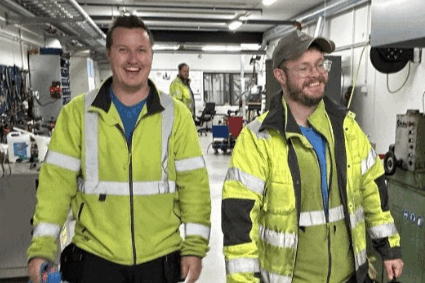The Norwegian labor market is characterized by high employment and low unemployment, which makes it difficult to recruit new employees with the right skills. The main goal of the Heartwood project has been to improve the skills of employees in the woodworking industry, with special emphasis on lifelong learning, digitalization and advanced manufacturing.
Pressured labor market
After two and a half years of targeted work, the Heartwood project, initiated and led by the Norwegian Wood Cluster, was officially concluded with a successful conference in Mjøstårnet on June 20, 2025. Here it became clear that the results after two and a half years of work, respond well to the industry’s challenges.
A tight labor market makes it difficult to recruit new employees with the right skills. This challenge is further exacerbated in the woodworking industry, which is undergoing rapid technological change and therefore has an increased need to develop the skills of existing employees.
Need for tailored expertise
Through the Heartwood project, it has become clear that there is a significant need for closer cooperation between industry and educational institutions. Ringsaker Upper Secondary School finds that few teachers have a background in the woodworking industry, which makes it challenging to give students a broad insight into the industry. The project concludes that there is a need to establish closer contact between schools and businesses. In particular, it is pointed out that internships should be facilitated, which will lead to concrete cooperation between schools and companies.
– “We’re currently in a situation where we largely have to train people internally in our companies. It’s not just timber anymore, but also a lot of production technology and chemistry that is important to us, Berit Nordseth Moen from Alvdal Skurlag said during the conference. She highlighted the industry’s desire for a flexible part-time offer for a vocational certificate in production technology, especially adapted to the distances in Inland Norway.
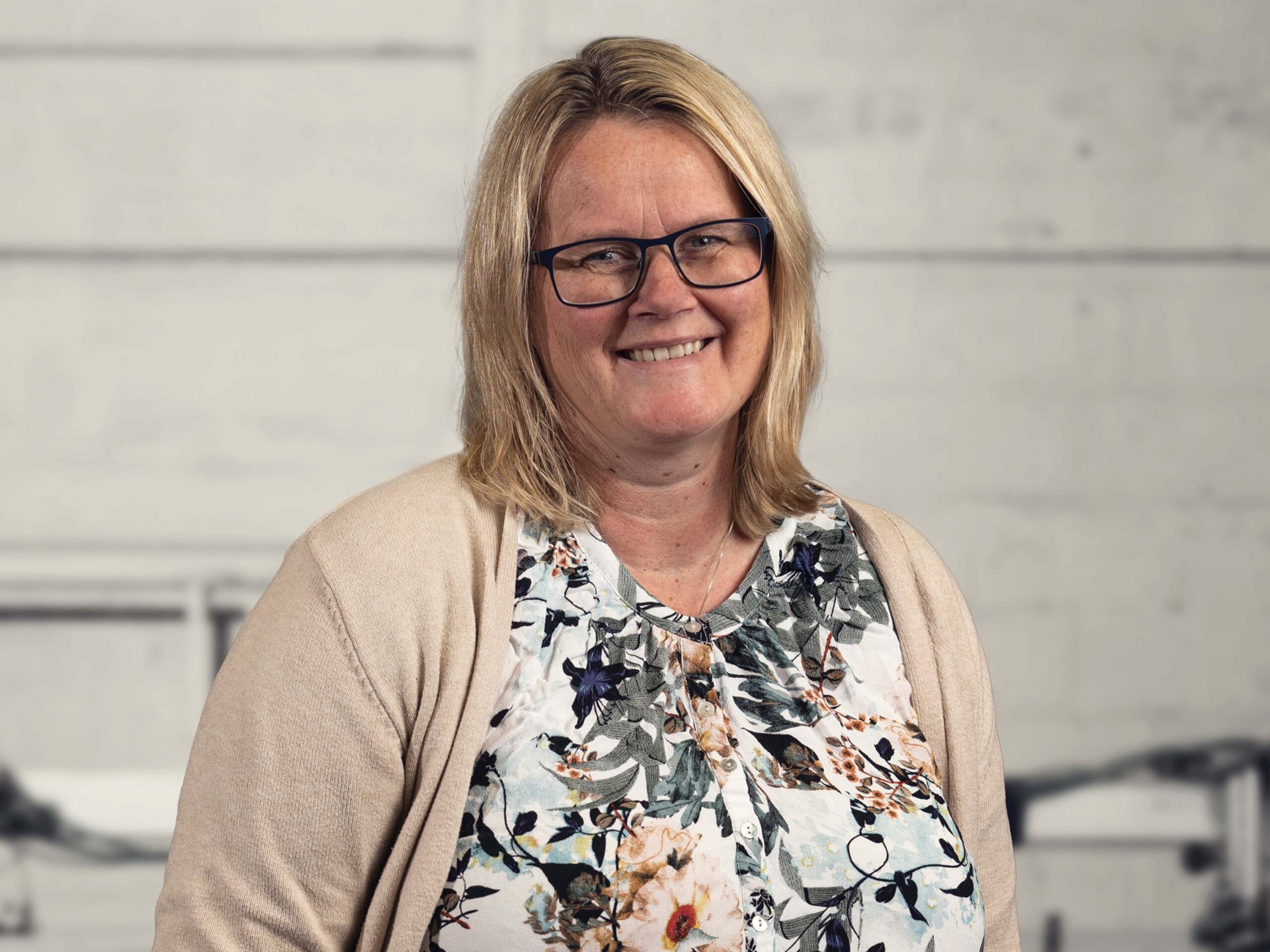
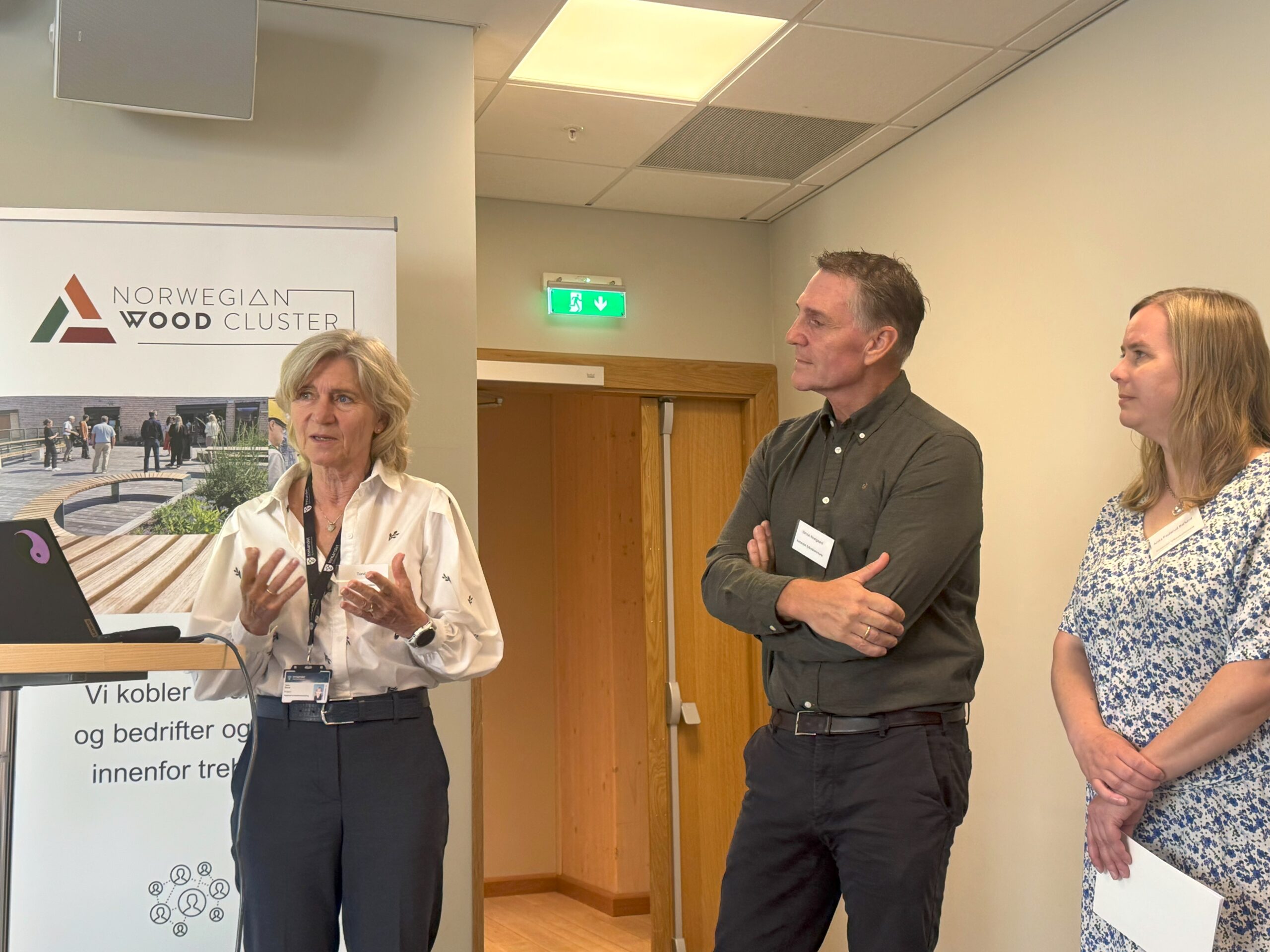
Concrete progress and future offers
One of the most important milestones presented during the conference was Innlandet County Council’s response to a new certificate course in production technology, tailored for the woodworking industry. This course will start on January 9, 2026 at Gjøvik, will consist of 10-12 sessions and will combine physical and digital sessions. The county council will also offer a part-time course in logistics.
– We are now setting up an offer that is a direct response to the industry’s needs. It’s crucial to have a flexible offering that meets the needs of the industry and that we can repeat annually. , emphasized Anita Paulsen Barlund, Karriere Innlandet’s contact person for the wood industry.
Focus on micro courses and mentoring
Another key theme during the conference was the development of “micro-courses” and the importance of the mentor role in companies. Treteknisk highlighted the value of shorter, practical training units that can be used during downtime or as part of team building. An important lesson learned was that when companies appoint a mentor who has personal responsibility for the training, both the learning and the ability to implement it increase.
The micro-learning courses were described by several of the companies as “one of the best things to come out of Heartwood”.
“Microcourses address the challenge of limited time for training in everyday life. With a duration of one to three quarters of an hour, planned and unplanned stops can be utilized for competence provision. “, said Hilde Slettvoll, HR Manager at Forestia, Braskereidfoss.
The competence boost of the future
Norwegian Wood Cluster, led by Knut Amund Skatvedt, will continue its work as an important link between the industry and competence providers such as Kompetanse Innlandet and NTNU. The aim is to ensure that the wood industry has the necessary expertise to meet the challenges of the future, especially with regard to increasing automation and the need for interdisciplinary expertise that combines production technology with wood expertise.
“We want to combine the best of two disciplines: modern industrial thinking and in-depth knowledge of wood as a sustainable material,” Skatvedt told the nearly thirty meeting participants.
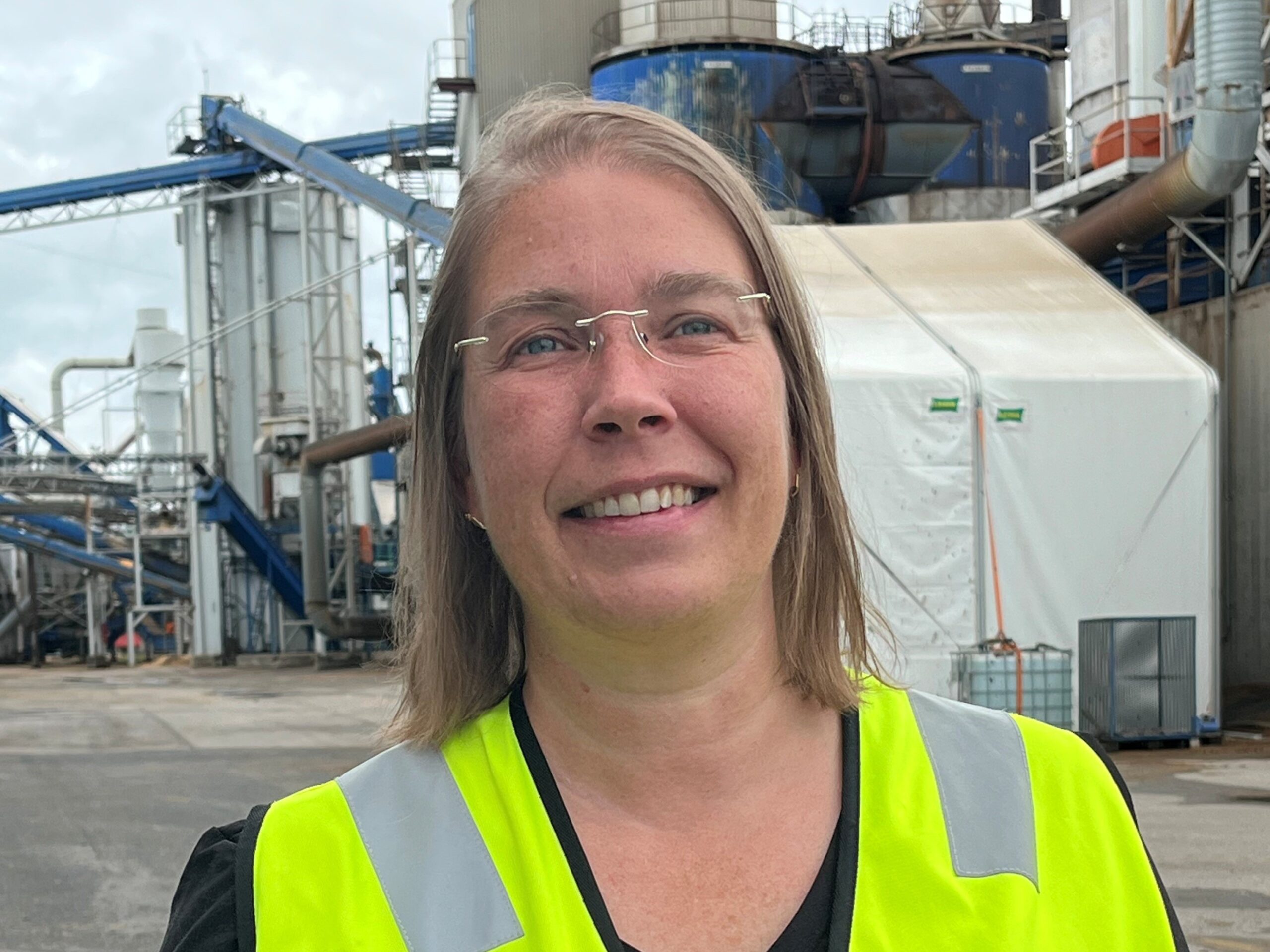
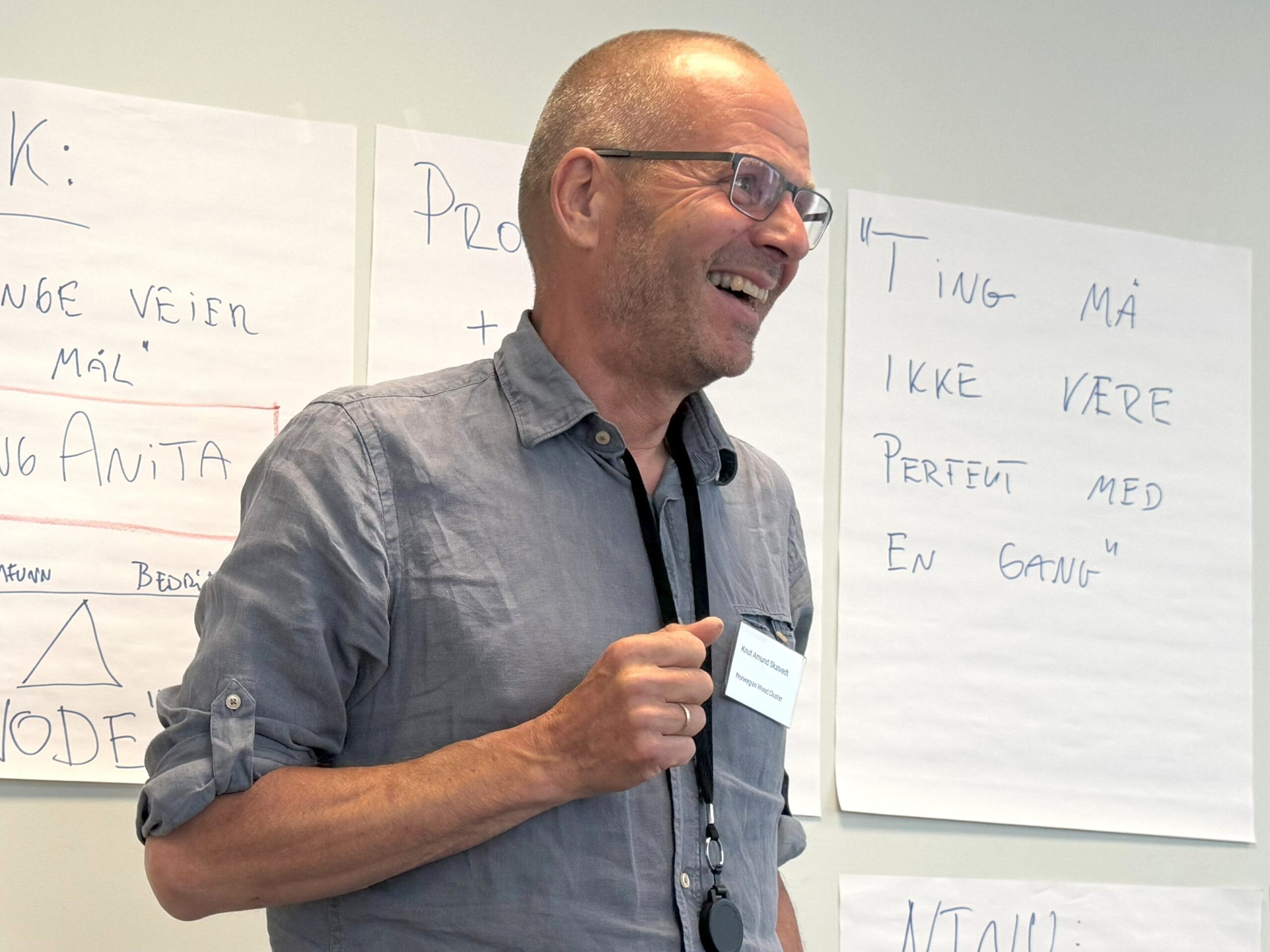
Closing words from outgoing project manager Karl Einar Røste
“The Heartwood project has shown that, as an industry, the woodworking industry varies greatly in terms of skills needs and work on skills development. What they all have in common is that updated skilled worker competence is important in order to utilize new technology and increasing demands for productivity.
Many companies are facing generational changes that will require a focus on skills transfer and lifelong learning.
In addition to the sharing of experience between companies, the project has provided useful dialogue with Innlandet County Council to find appropriate and sustainable solutions for vocational training.

Participants in the Heartwood project:
Moelven Industrier, Hunton Fiber, G3 Gausdal Treindustrier, Forestia, Begna Bruk
Contact persons:
Berit Sanness, cluster manager Norwegian Wood Cluster, 901 01 843
Berit Nordseth Moen, manager Alvdal Skurlag, 992 20 405

